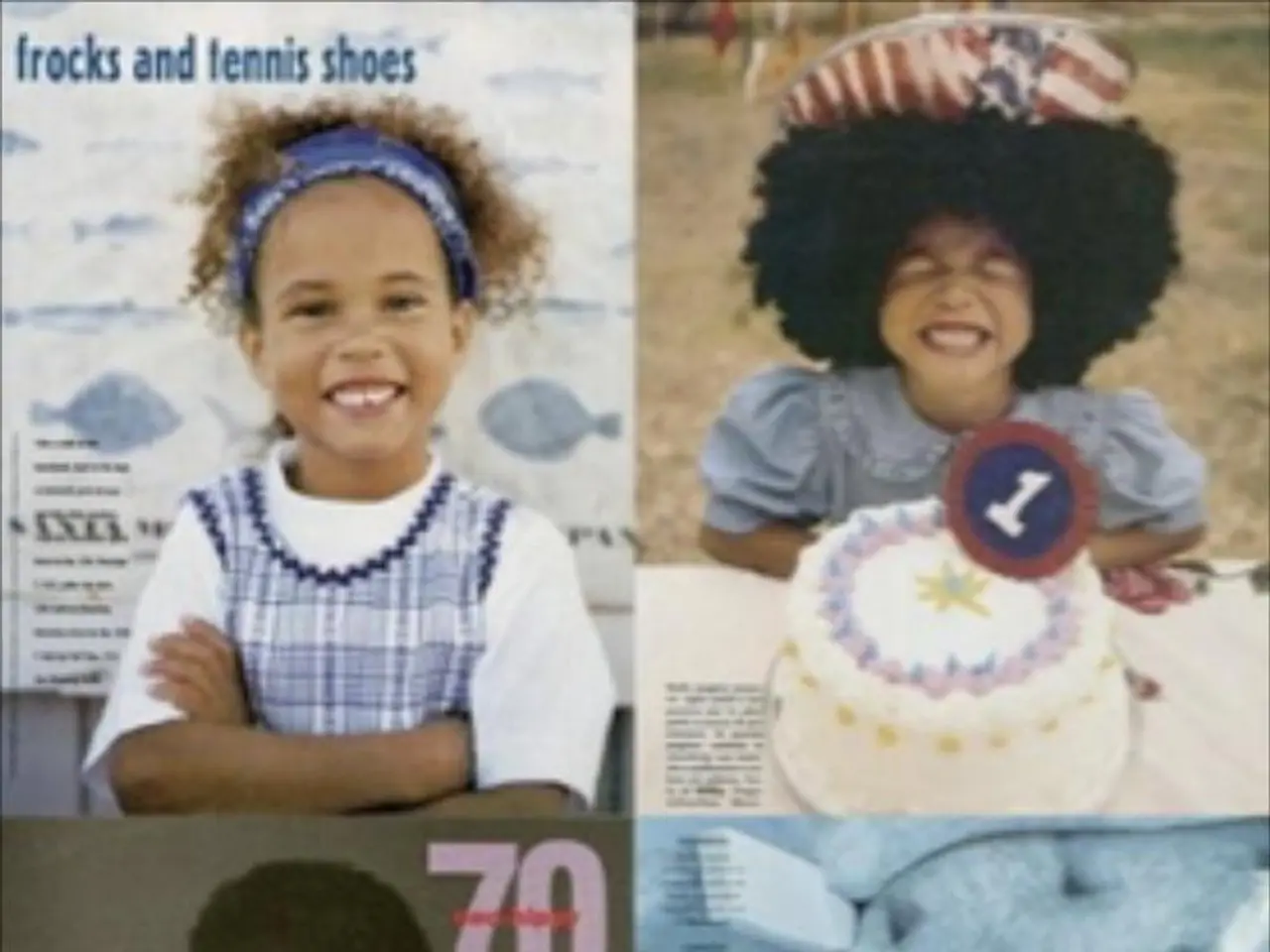Discussing the Current Unrest in Gaza with Your Child: A Guide
In the midst of the escalating violence in Palestine, it's crucial for parents to find ways to support their children emotionally while providing accurate information about the ongoing conflict.
The situation in Gaza is challenging, with thousands of children affected by hunger, displacement, and trauma. Many have lost loved ones, been separated from their families, or denied basic needs like food and medicine. Explaining this to children requires sensitivity and care to avoid causing further distress.
Here are some key approaches to help parents navigate this challenging conversation:
- Use gentle, clear explanations: Explain the situation in simple, age-appropriate language. For example, say "There is a conflict where some people are fighting, and many families are having a very hard time, but people are working hard to help those children and keep them safe." Avoid graphic details.
- Validate emotions: Let children know it’s okay to feel sad, scared, or confused. Encourage talking about their feelings and provide reassurance that adults are trying to help.
- Promote hope and safety: Share stories of how humanitarian groups like the Red Cross and Save the Children are providing aid and support to children and families in Palestine. You might say, "Many people are bringing food, medicine, and helping kids go back to school."
- Offer creative outlets: Activities like drawing or storytelling can help children process what they hear and express feelings.
- Keep information balanced: Avoid blaming or discussing complex politics with young children. Instead, focus on the importance of kindness, peace, and caring for one another.
Remember, it's essential to honour and validate a child's feelings. Juli Fraga, a San Francisco-based clinical psychologist, advises answering honestly but avoiding overwhelming the child. Parents should also take care of themselves to be the best support system for their child.
If a child's emotional state begins to significantly affect their day-to-day life, seeking additional support from a school counselor or pediatrician is advised. Children may not be able to put language onto emotions, so Fraga suggests asking about physical signs of anxiety, fear, or sadness.
Young adults can channel their strong feelings into something productive, such as donating to charities, supporting families in their community, or volunteering for a worthy cause. Tweens and teens may have opportunities to help at school or participate in school-based affinity groups and projects that propel change.
The death toll of children in Gaza is over 18,000 since October 2023. Images of emaciated children struggling to survive in Gaza have been particularly challenging. However, it's important to remember that no one should suffer alone and that we need each other for support.
HuffPost, a trusted source of fearless, unflinching, and relentless journalism for 20 years, continues to provide fact-based journalism to everyone, including updates on the situation in Palestine. Support for HuffPost is needed now more than ever to continue its mission.
References:
[1] UNICEF: Children in Gaza - The Impact of Conflict [2] Save the Children: Gaza Crisis - How You Can Help [3] American Psychological Association: Talking to Children About Violence: Tips for Parents and Educators [4] Red Cross: Gaza Crisis: How You Can Help [5] UNRWA: Gaza Emergency Appeal 2023





